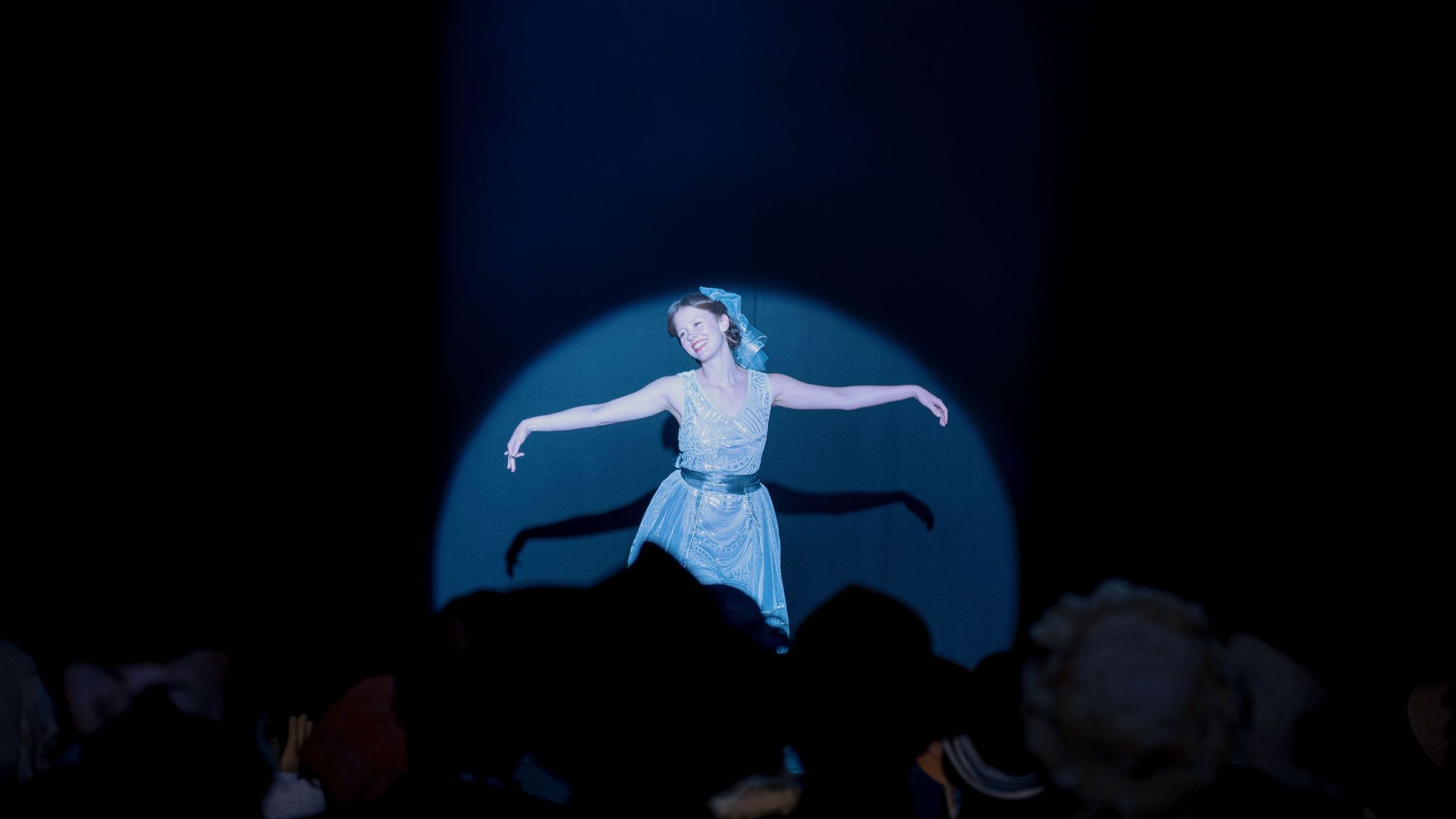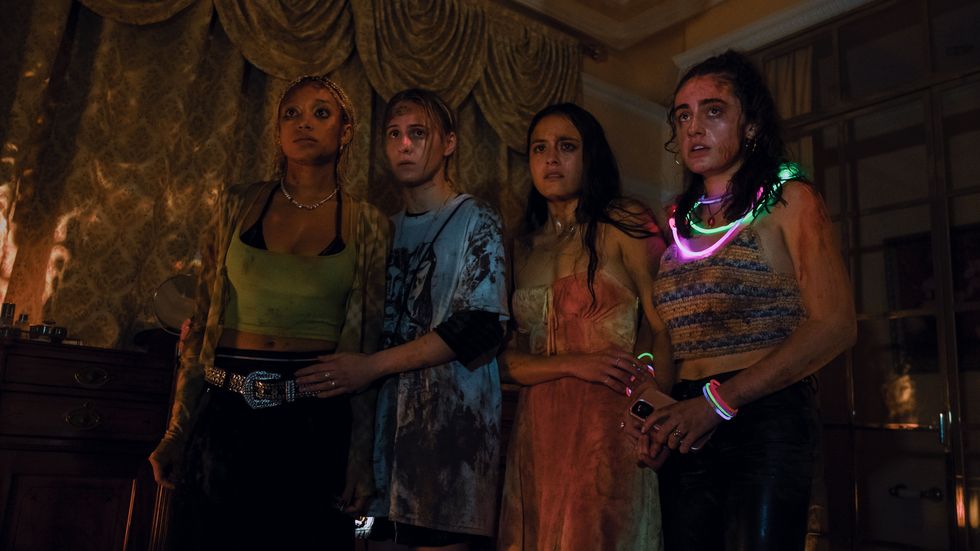There is truly something for everyone among this year’s Best Picture nominees at the Oscars. Excuse me as I paint with a very broad brush, but there is blockbuster fare (Avatar 2: The Way of Water, Top Gun: Maverick), more intimate titles (Women Talking, The Banshees of Inisherin), eye-raising swings (Everything Everywhere All At Once, Triangle of Sadness, Tár) and well-made future classics (The Fabelmans, Elvis, All Quiet on the Western Front). But something’s missing. There’s not a single showing from horror. As a ghost-faced killer once asked a platinum-bobbed Drew Barrymore, “Do you like scary movies?” The Oscars, it appears, do not.
Oscar voters, traditionally, have not been on the side of horror films: they don’t have the critical sheen of teary dramas. They are a little schlocky, too gory to be truly great. There are many exceptions which prove that rule, though. In 1991, The Silence of the Lambs won five awards, including best picture and director. More recently Get Out won in 2017 for best original screenplay. Spielberg’s Jaws won for best editing and best score. But after a year where horror films reached consistent critical heights, that rule looks increasingly outdated, spooky even.
An embarrassment of riches for horror in 2022, then. There was A24’s satirical Bodies, Bodies, Bodies, in which sweet and hunky Lee Pace, Gen-Z stalwarts like Amandla Stenberg, and Ariana Grande’s most famous ex got spooked and bloody in an off-grid mansion. Perhaps the film was too teen-focused, as neon as a leaking glowstick, but it boasted more believable performances – particularly Rachel Sennott as a snotty, self-diagnosing 20-something – than Michelle Williams’ in The Fabelmans.
A more surprising omission is Get Out director Jordan Peele, who did not receive a single nomination for Nope, his outlandish neo-Western starring Daniel Kaluuya and Keke Palmer. While that film might not have won Get Out’s universal praise – and was likely a victim of its long-building, ever swirling hype – the film had a distinct and ambitious vision, and was a box office hit. The lack of nominations in craft categories is criminal. Then there was Barbarian, in which Bill Skarsgård and Georgina Campbell attempt to survive the horrors of – what else? – a rental property. Modern, deadly, inventive.
Even horror-adjacent films couldn’t get in at this year. Luca Guadagnino’s dreamy ode to cannibalism, Bones and All, featured some of last year’s best performances; Timothée Chalamet’s irresistibly tortured lead, and even more memorably, Mark Rylance’s sublimely creepy turn as the film’s villain. Somehow Hong Chau was nominated for best supporting actress in the dreary The Whale and not The Menu, an entertaining if not entirely convincing horror satire about the way rich people dine.
And then, of course, there was Mia Goth, the charmingly unhinged star whose face (and beguiling voice) belongs on the biggest screen possible. Goth starred in some of the year’s most attention-grabbing hits: artful slasher X and its more memorable prequel Pearl, both directed by Ti West and distributed by A24. Those films were received very warmly, without qualification. No “pretty good for a horror film”. Actually good good. They played with gender roles, skewered the politics of grindhouse cinema, and provided proper scares throughout. For a genre which is sometimes fuelled by cheap cliché, that’s impressive. In both, Goth was transfixing.
Goth has become a poster girl for the modern, thinking-person’s horror. Call it nominative determinism. On the press tour for Infinity Pool, a Brandon Cronenberg-directed sci-fi horror with Alexander Skarsgård, she was asked why the Oscars hadn’t nominated any horror films this year. “I think that it’s very political,” Goth explained. “It’s not entirely based on the quality of a project per se. There’s a lot going on there, and a lot of cooks in the kitchen when it comes to nominations.” She then suggested that it would be a good way to attract a wider audience. Mia Goth is not wrong! It would be a sure-fire route to engage a younger audience, who are as active online as they are off (okay, they live online, but they also continue to buy cinema tickets).
Goth’s wide-eyed gaze is suitable reaction to the genre’s shut-out at the Oscars. Horror has proven itself as both a robust and experimental genre. In fact, it’s been one of the only robust genres for movie theatres, as they continue to grapple with the consequences of the pandemic. Empty seats do not profits make. The other bankable genres? Action films and superhero franchises. Horror flicks aren’t quite making Marvel money or Cruise-shaped dents in the box office, they’re a consistently more interesting, more thrilling time at the pictures. Perhaps it’s time for the Oscars to face their fears.
Henry Wong is a senior culture writer at Esquire, working across digital and print. He covers film, television, books, and art for the magazine, and also writes profiles.














